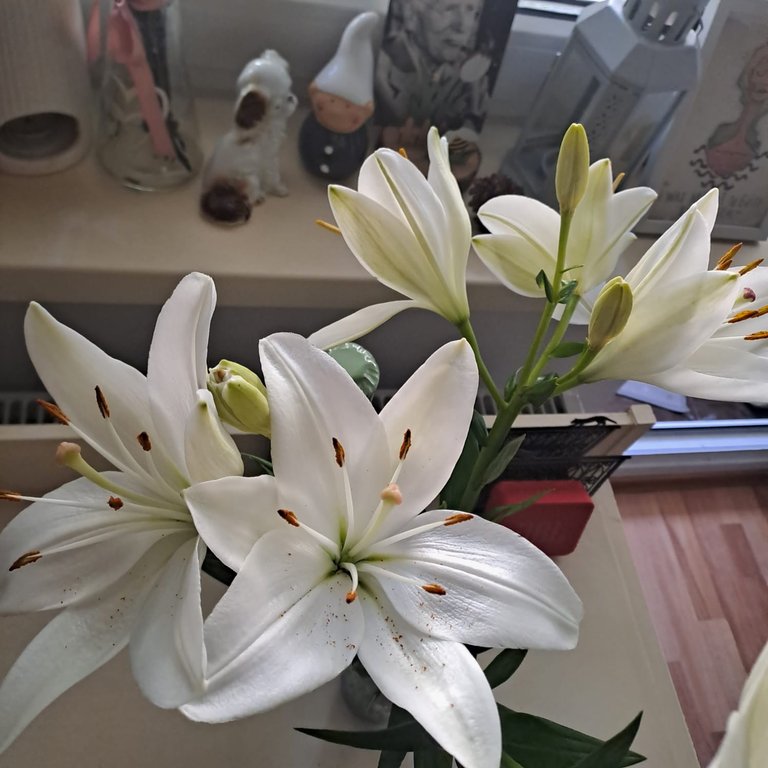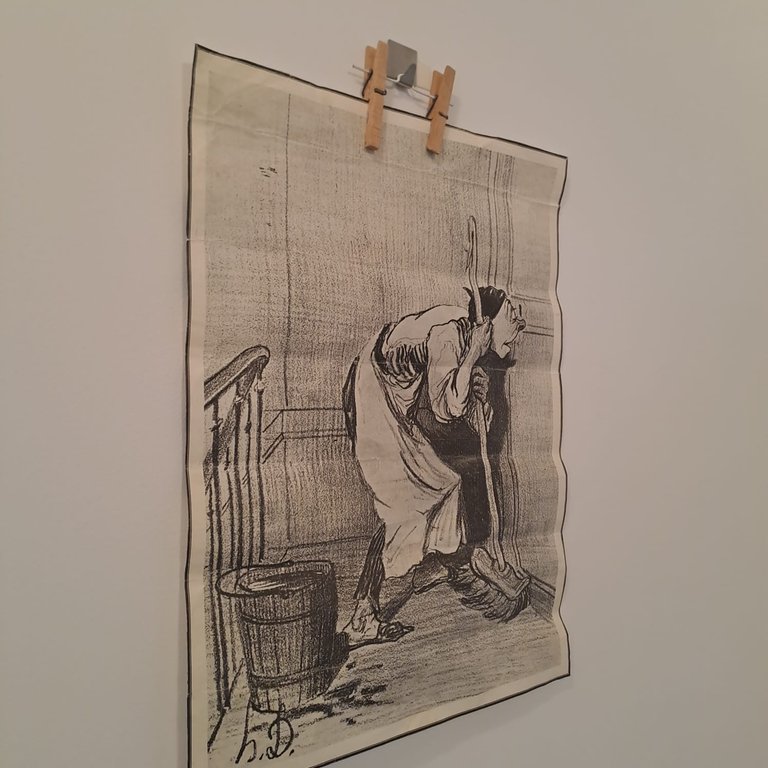Well, technically, considering all the time I've been absent, it's not yet a year. Maybe next month. More like November. But today is one year since I moved into my own place and I'm celebrating it.
Because I don't think space is random. Or should be random.

Where you are, how you spend your time is deeply ingrained in your quality of life and I think a lot more people saw that post-lockdown. A house isn't just a place where you sleep and eat. But it can be. I took care, when arranging my casita to make it reflect my own personality, my own heart.
I have a big open space in the middle of my living room where I can do yoga. That was always an issue for me, not that I can't live in small spaces, but I'd keep knocking my knee against my bed when I tried to stretch certain ways. It was okay. Sometimes, the small space is worth it. When you're on the road, for sure. Suddenly, when you're out there seeing life, tasting novelty, space rearranges and you're just fine knocking your knee and bruising your hip.
But if you decide to live in a place for long enough to make it your place, then it seems to me worthwhile that you make it a space you enjoy inhabiting.
Mine is a canopy of past and present. Old and new. My old gas oven I didn't know how to work when I first moved here. My grandmother's strange poster of an old servant woman peeping through the keyhole that I didn't understand at 7 and still don't.

It's certainly a place where my heart feels close to my grandmama who so desperately wanted me to be happy here. In truth, I don't know if I can be. Leaving appeals too much to me. I'm not happy sitting in one place for too long. As you know. It's kind of a recurring theme for me, isn't it?
There are delights having a place of your own. My own kitchen where I can cook and dance while I wait for my morning coffee. Space to stretch. A record player to remind me who I am and dream to be.
This past year, whenever I've been away, I surprised myself by missing home. The practical, physical aspects of it. My bathroom mirror. My big, comfy bed. Not enough to deter me from going, mind. Still, it's nice to have something you enjoy coming back to.
This past year, I've learned to be a host. To pour wine and set the table. I've learned to be a place of safety for those who needed it. I've learned who I am on my own and what I like and need. What my song sounds like when no one's around to hear. And that's something you can only truly learn when you're on your own.
Learning to be alone has contoured in my soul the love of company.
Staying still in my home hinted at the excitement of the open road.
But today isn't about either. For today, I'm enjoying and honoring my casita. I cleaned. I ate my lunch. Slowly. I savored the morning in my balcony chair, reading. A little later, I'll go out and ground myself in this place, this city, this life where my casita is.
For now. I'm learning to accept the fact that now is all I can promise. I like to leave a little too dearly and it won't be long before my next call to adventure. But for now, happy anniversary, my home.
I found some breathing space
Inside the corners of my face
When life is rubbish, there’s time to waste
This song always reminds me of this present home of mine. So here it is.
